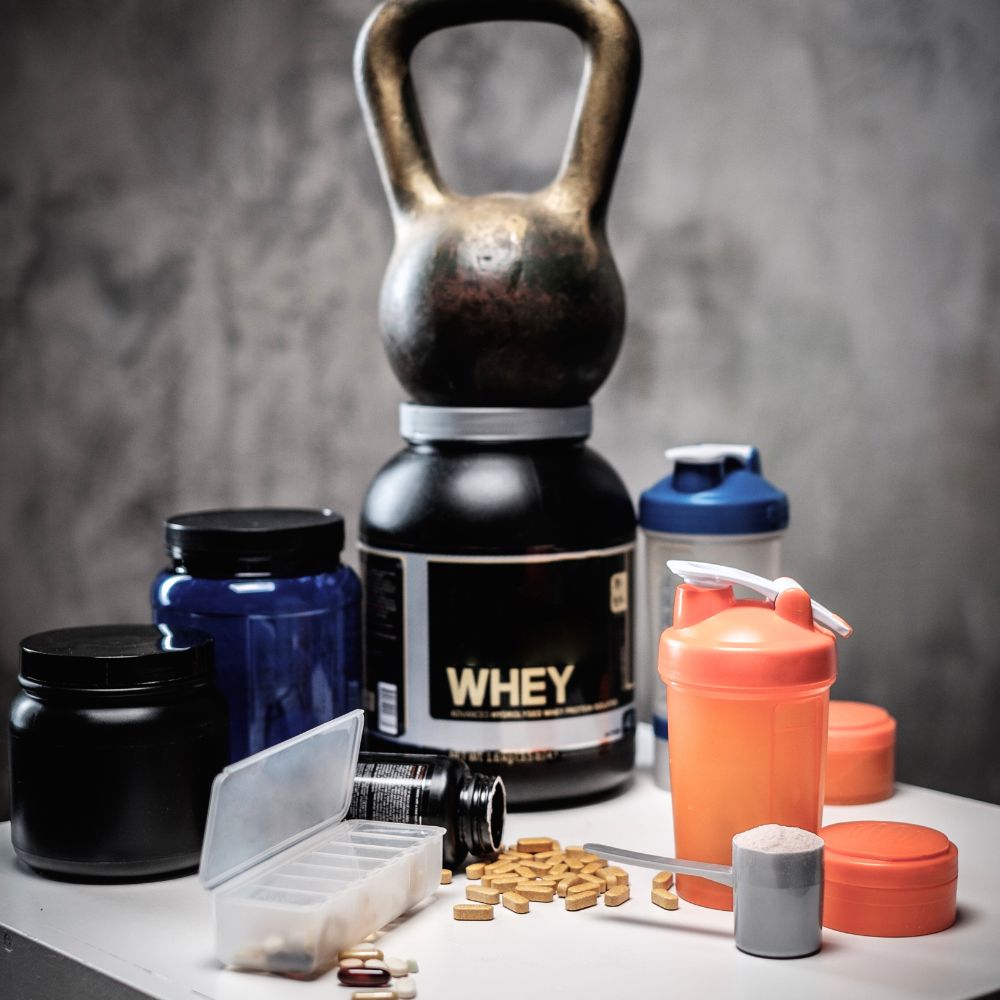The supplement industry has grown significantly in recent years, with protein supplements among the most popular products. As consumers become more health-conscious, understanding the regulation of these supplements is crucial. This article explores which protein supplements are regulated by the FDA and what that means for consumers.
Understanding FDA Regulation
The FDA (Food and Drug Administration) oversees food safety and regulates dietary supplements under the Dietary Supplement Health and Education Act (DSHEA) of 1994. This law classifies dietary supplements, including protein supplements, as products that supplement the diet and contain one or more dietary ingredients like vitamins, minerals, and amino acids.
Types of Protein Supplements
Protein supplements come in various forms, including:
- Whey Protein: A byproduct of milk, it’s a complete protein rich in essential amino acids.
- Casein Protein: Also milk-derived, it digests slowly, providing a steady release of amino acids.
- Soy Protein: A plant-based protein that contains all essential amino acids, suitable for vegans.
- Pea Protein: Another plant-based option, rich in branched-chain amino acids (BCAAs).
- Hemp Protein: Contains healthy fats and fiber, making it a good plant-based source.
Regulation of Protein Supplements by the FDA
- General Regulation: All protein supplements must meet FDA regulations, but they aren’t pre-approved before sale. Manufacturers must ensure their products are labeled correctly and are safe.
- Good Manufacturing Practices (GMP): The FDA enforces GMP regulations that require manufacturers to follow strict guidelines for quality and purity, including testing for contaminants and accurate labeling.
- Labeling Claims: The FDA regulates claims on protein supplement labels. Manufacturers cannot claim their products treat or cure diseases without significant scientific evidence.
- Adverse Event Reporting: If consumers experience adverse effects from a protein supplement, manufacturers must report these to the FDA to monitor supplement safety.
What Protein Supplements Are Not Regulated?
While the FDA regulates protein supplements, some nuances exist:
- Dietary Supplements vs. Food Products: Protein bars or drinks labeled as food may not fall under the same regulations as dietary supplements, leading to less oversight.
- Quality Control Variability: Due to the lack of pre-market approval, the quality and potency of protein supplements can vary significantly between brands.
Tips for Choosing Safe Protein Supplements
- Look for Third-Party Testing: Choose brands that undergo independent testing for quality and safety. Certifications from organizations like NSF International can provide assurance.
- Read Labels Carefully: Check for ingredient transparency, allergen warnings, and any claims made by the manufacturer.
- Research Brands: Look for reputable brands with positive reviews and a good safety record.
- Consult a Healthcare Professional: If you have dietary needs or health concerns, consult a healthcare provider or registered dietitian before starting any new supplement.
Conclusion
While the FDA regulates protein supplements to some extent, consumers must remain informed when choosing these products. Understanding FDA regulation basics and the types of protein supplements available can help you make safer choices., more informed decisions. By doing your research and choosing reputable brands, you can effectively incorporate protein supplements into your diet to support your fitness and health goals.

